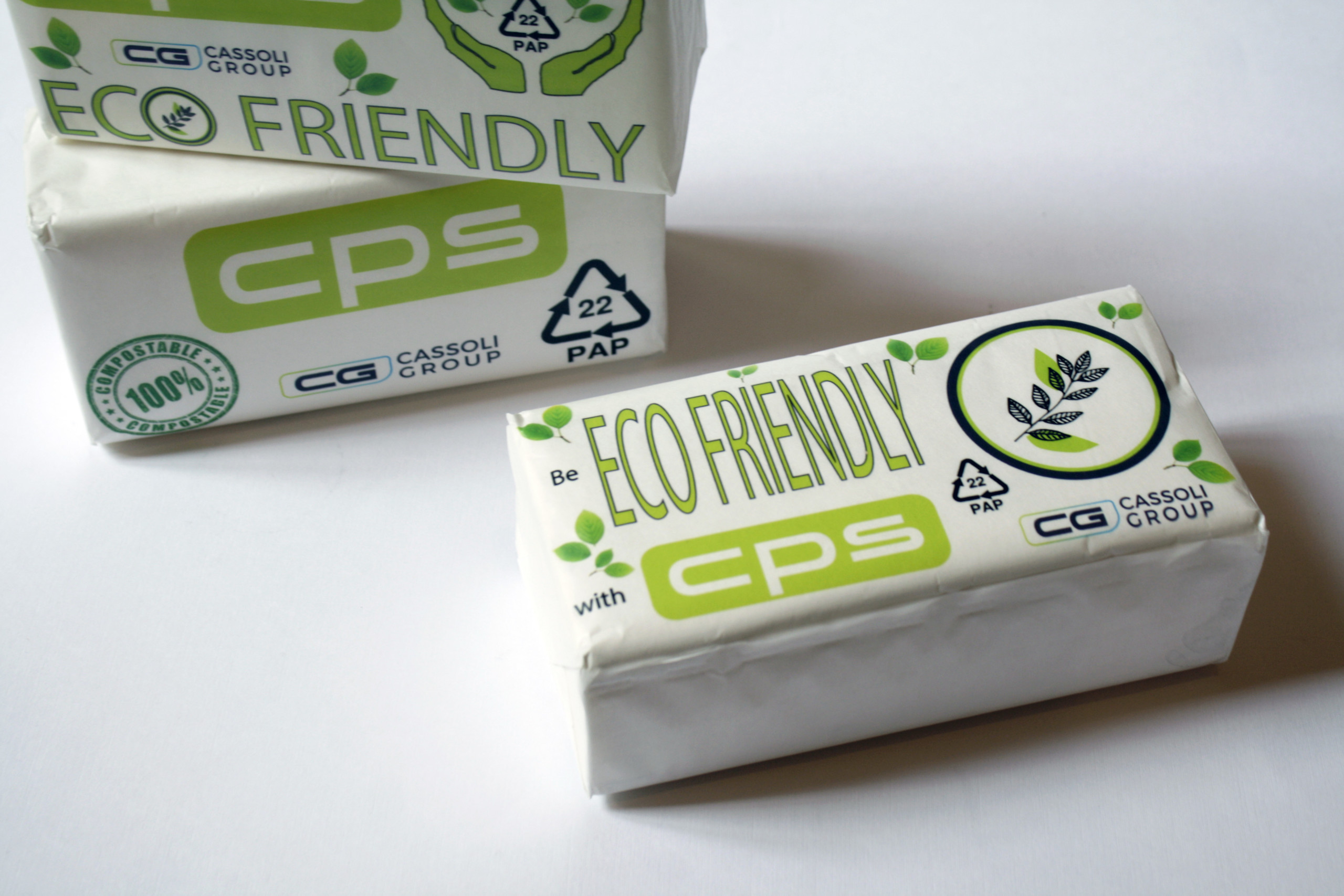CPS Company faces the cyclical and structural changes that are affecting the sector, developing new strategies and solutions.
The tissue sector, like many others, is affected by the problems related to the energy crisis, the procurement of raw materials and costs related to logistics.
Among the strategies that CPS Company has decided to pursue is that of moving away from the logic of production on order. Scheduling machine launches of machines that are not already associated with an order entails huge financial and logistical commitments, but following this new strategy the problem is solved and the obstacles to the availability of materials are also overcome.
Enrico Rubbini, sales director of CPS Company of Cassoli Group, tells how the recipe followed by the company is to no longer launch complete and finalized machines, but to make parts common to different models and that require common components. This allows you to buy the components in advance, solve the problem of availability and to assemble them before having a final order.
Furthermore, CPS Company undertakes to complete the individual machines once the order is received. In this way, the ability to customise and modify the basic models is guaranteed, thus also absorbing the delays caused by the shortage of mechanical, electrical and electronic parts.
Another strategic element adapted by CPS Company is to always keep the interest in new packaging materials very high: there are those looking for new eco-compatible structures (biodegradable and cellulose polymers), while others want to use less material to obtain the same packaging, or else choose to simplify the packaging and have only one that acts as primary and secondary.
In times of crisis, interest in more expensive eco-friendly materials should decrease; instead, courageous or economically strong, take the crisis as a way to try and gain market shares by exploiting environmental sensibilities. Many companies experiment with different materials, even more expensive, compensating for the reduction in production volumes.


